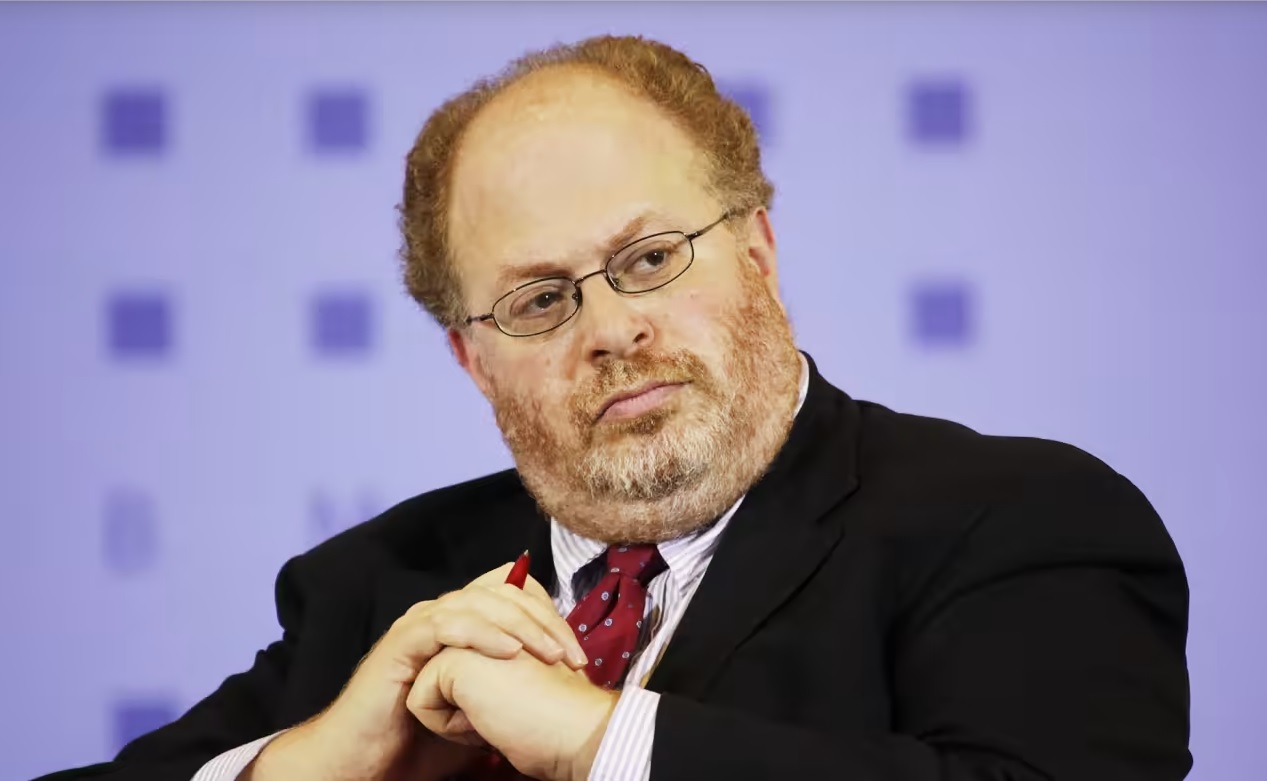Conundrum for the UK base rate
It is fair to say that the Bank of England faces the most difficult choices of any G10 central bank when it comes to policy rates.

Mr. Adam Posen, a former member of the Bank of England’s monetary policy committee (MPC) told the UK Parliament’s Treasury Committee that base rates are likely to have to rise to 4-5% to bring inflation back to target.
The Fed, for instance, sees a robust economy and extremely tight labour market and hence can go hard with fed funds hikes without too much fear of overkill at this stage. The issue is rather different for the ECB. Here the labour market is not tight, the economy is at risk from a Russia/Ukraine induced recession, and the surge in inflation is largely driven by energy. Hence the ECB can proceed in a much more cautious way.
Around the G10, some central banks are more like the Fed and need to act quickly, like the Bank of Canada, while in others energy – driven inflation and a history of low price growth in the past suggests ECB-like caution. Central banks that come under this umbrella include the Bank of Japan and the Swiss National Bank.
But the Bank of England rather straddles the two with US-like labour market tightness but also the recession risks of Europe. There are other factors as well.
For one, the UK has not enjoyed the consistent sub-target inflation journey that we have seen in the likes of the euro zone and Japan, and even the US. Hence low inflation expectations do not seem quite as embedded in the UK as they are elsewhere.
Another issue is Brexit, for this undoubtedly creates an idiosyncratic inflation risk to the UK.
A third factor is that the UK is a smaller and more open economy than many others, such as the US and the euro zone and can experience more currency volatility when terms of trade shocks occur such as Brexit and the Russia/Ukraine conflict. But even without higher currency volatility, the UK economy is still buffeted to a greater extent than many others – particularly the US – when the currency moves. Simply put, sterling weakness translates through to more inflation pressure in the UK than we might expect to see in the likes of the US and euro zone when their currencies fall.
All told then, the outlook for UK base rates is hugely uncertain; much more so than in other G10 nations in Mr. Steve Barrow, Head of Standard Bank G10 Strategy’s view. And yet, for all this, there seems to be remarkable unanimity amongst analysts about the path ahead for base rates.
For instance, the 35-analyst Bloomberg survey shows that forecasts for the base rate in Q4 2023 are all sandwiched in a range of 1-2%. That’s incredibly narrow given the uncertainties that abound. Perhaps an indication of this uncertainty, or difficulty for the Bank, is shown by the views of some former BoE members.
Last week, former members Goodhart and Posen told the UK Parliament’s Treasury Committee that base rates are likely to have to rise to 4-5% to bring inflation back to target. But another, Blanchflower believes that the UK economy may already be in a recession and that rates need to be cut now. What’s likely to happen?
For the moment, Mr. Steve Barrow thinks that the Bank will likely be cautious about rate hikes – adopting more of a European approach than that of the Fed. Hence base rate rises may come steadily but err towards 25-bps rather than 50-bps. If, as seems very likely in our view, the economy goes into recession later this year and/or early next year then the Bank may pause.
“We think that this might be in the vicinity of 1.5%. But what happens after that? Our view is that rates at 1.5%, quantitative tightening and a modest (probably two quarters) recession won’t break the back of inflation and that base rates will likely have to start rising again. We are sceptical that they will have to rise to 4-5% as the recession and other factors should take some of the steam out of price pressures, but we are certainly not in the camp that think rates should be cut now, or even in the next couple of years”, Mr. Steve Barrow said.








